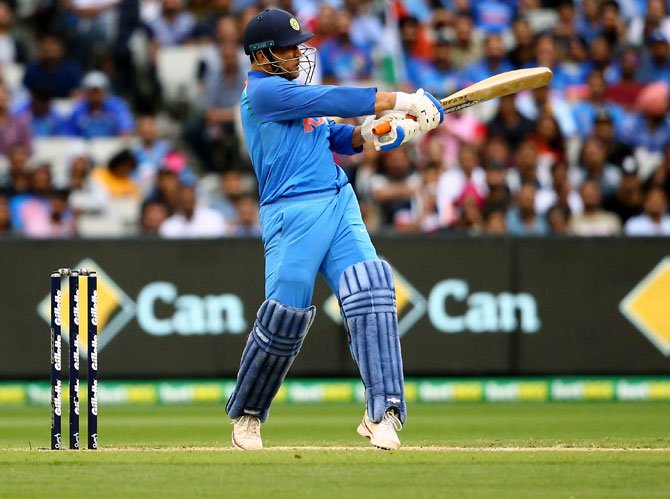Women’s Sports Are Facing a Crisis. These Brave Athletes Are Standing Firm.
Share

The U.S. Women’s national football crew has earned a historic victory on the world degree; however, not all are nice for ladies who might want to follow in its footsteps. In truth, ladies’ sports activities have ended up being one of the most tragic battlefields of the subculture war. In Connecticut, excessive school track runner Selina Soule recently joined two different women filing a civil rights criticism with the Department of Education. Soule misplaced out on potential college scholarships and recruitment opportunities after losing a race—and a gap within the state championship—to two transgender, organic adult males. These girls argue that the Connecticut Interscholastic Athletic Conference has violated Title IX’s prohibition on sex-based discrimination by permitting biological adult males to compete in female competitions.
Connecticut isn’t the handiest nation to head down this course. The nation’s capital has adopted a comparable coverage allowing boys to compete with girls, prompting the all-girls Oakcrest School to withdraw from its athletic convention over worries about “protection and equity.
This problem has united conservatives and progressives alike, who trust that biological sex determines important social realities. Telling girls they ought to compete with boys and the percentage of locker rooms and bathrooms with boys is incorrect, they are saying. It’s unfair and fails to account for the privacy and safety concerns many ladies have in intimate centers.
Competing with boys isn’t the simplest obstacle women are starting to face. What if you needed to put on a positive layout for your jersey that endorses a message unrelated to your game, crew, or ability to play to take part?
This happened to Jaelene Hinkle, who was invited to play football for the U.S. Ladies’ countrywide group but withdrew, citing her reluctance to compete in a jersey adorned with LGBT pleasure colors.
Last summer, Hinkle was interviewed by the Christian Broadcasting Network about her passion for soccer and her Christian faith. A clip from that interview resurfaced a few days ago on Twitter.
The clip documented Hinkle’s selection to withdraw from competition for the girls’ countrywide crew in 2018—she no longer felt that she could wear a jersey bearing satisfaction colorations in her proper conscience. The jersey exchange was made by the gamers but by a United States company in a nod to Pride Month celebrations.
Ashlyn Harris, a goalie for the team, wrote in response, “Hinkle, our crew is ready for inclusion. Your religion was by no means the trouble. The problem is your intolerance, and you are homophobic. You don’t belong in a sport that objective nite and brings people together could not suit into our p.C. Or what this group stands for.”But is Hinkle truly intolerant for declining to display a message she disagreed with? Is she homophobic for no longer looking to actively rejoice in behavior that she and many others of the same faith, other faiths, or even no faith might discover objectionable?
These aren’t fair conclusions. Hinkle didn’t force each person else to withdraw, to no longer wear the jersey,s ortoe alternate the jerseys. As she explains well in the quick Christian Broadcasting Network interview, she felt that she could not believe in a true moral sense in a jersey that celebrated behavior with which she disagreed. She becomes there to symbolize her us of a. She desired to play for those stars and stripes that, at their exceptional, unite all Americans—now not the rainbow that regularly divides them.
Hinkle now plays defender for the North Carolina Courage. It’s a fitting crew name for her. As an American, she has the criminal right to stay by way of her religion and moral convictions. The First Amendment to our Constitution protects the loose workout of faith and the freedom of speech. But the efficacy of those protections will, in the end, depend upon public opinion.
If people don’t feel religious freedom or free speech—if they consider most effective certain varieties of religious expression or speech are worth defensive—then there’s so much the regulation can do. Culture informs how judges follow the law, and within a long time, we can assume these protections to be final if culture turns squarely towards them. As if to underscore this hostility, Fox Sports commentator Rachel Bonnetta tweeted in reaction to Hinkle’s leaving the group, “Why’d they even give this lady a mic?”














